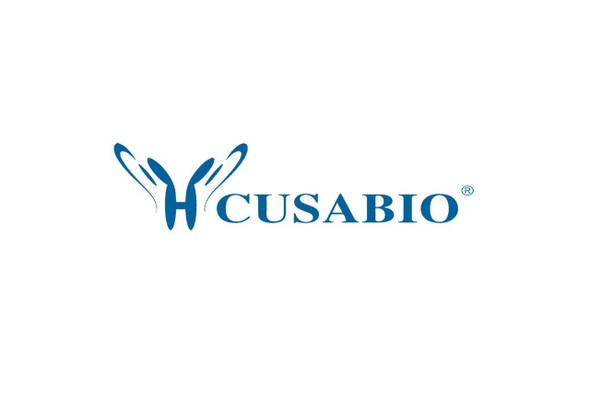Cusabio Polyclonal Antibodies
RAB2A Antibody | CSB-PA226407
- SKU:
- CSB-PA226407
- Availability:
- 3 to 7 Working Days
Description
RAB2A Antibody | CSB-PA226407 | Cusabio
RAB2A Antibody is Available at Gentaur Genprice with the fastest delivery.
Online Order Payment is possible or send quotation to info@gentaur.com.
Product Type: Polyclonal Antibody
Target Names: RAB2A
Aliases: RAB2A, member RAS oncogene family
Background: The protein encoded by this gene belongs to the Rab family, members of which are small molecular weight guanosine triphosphatases (GTPases) that contain highly conserved domains involved in GTP binding and hydrolysis. The Rabs are membrane-bound proteins, involved in vesicular fusion and trafficking. This protein is a resident of pre-Golgi intermediates, and is required for protein transport from the endoplasmic reticulum (ER) to the Golgi complex.
Isotype: IgG
Conjugate: Non-conjugated
Clonality: Polyclonal
Uniport ID: P61019
Host Species: Rabbit
Species Reactivity: Human, Mouse, Rat
Immunogen: Full length fusion protein
Immunogen Species: Human
Applications: ELISA, WB, IHC
Tested Applications: ELISA, WB, IHC;ELISA:1:2000-1:5000, WB:1:500-1:2000, IHC:1:25-1:100
Purification Method: Antigen affinity purification
Dilution Ratio1: ELISA:1:2000-1:5000
Dilution Ratio2: WB:1:500-1:2000
Dilution Ratio3: IHC:1:25-1:100
Dilution Ratio4:
Dilution Ratio5:
Dilution Ratio6:
Buffer: -20°C, pH7.4 PBS, 0.05% NaN3, 40% Glycerol
Form: Liquid
Storage: Upon receipt, store at -20°C or -80°C. Avoid repeated freeze.
Initial Research Areas: Others
Research Areas: Others











